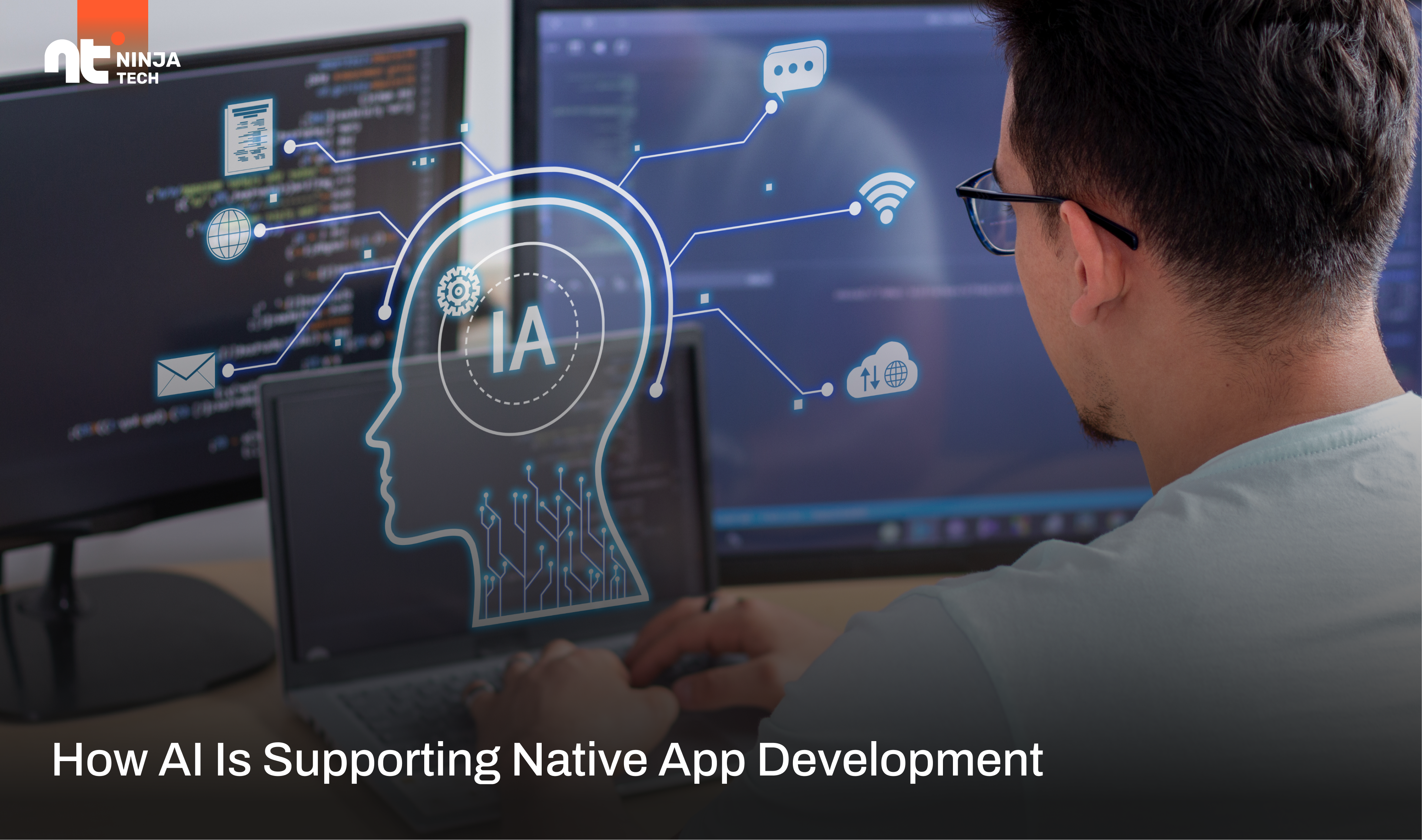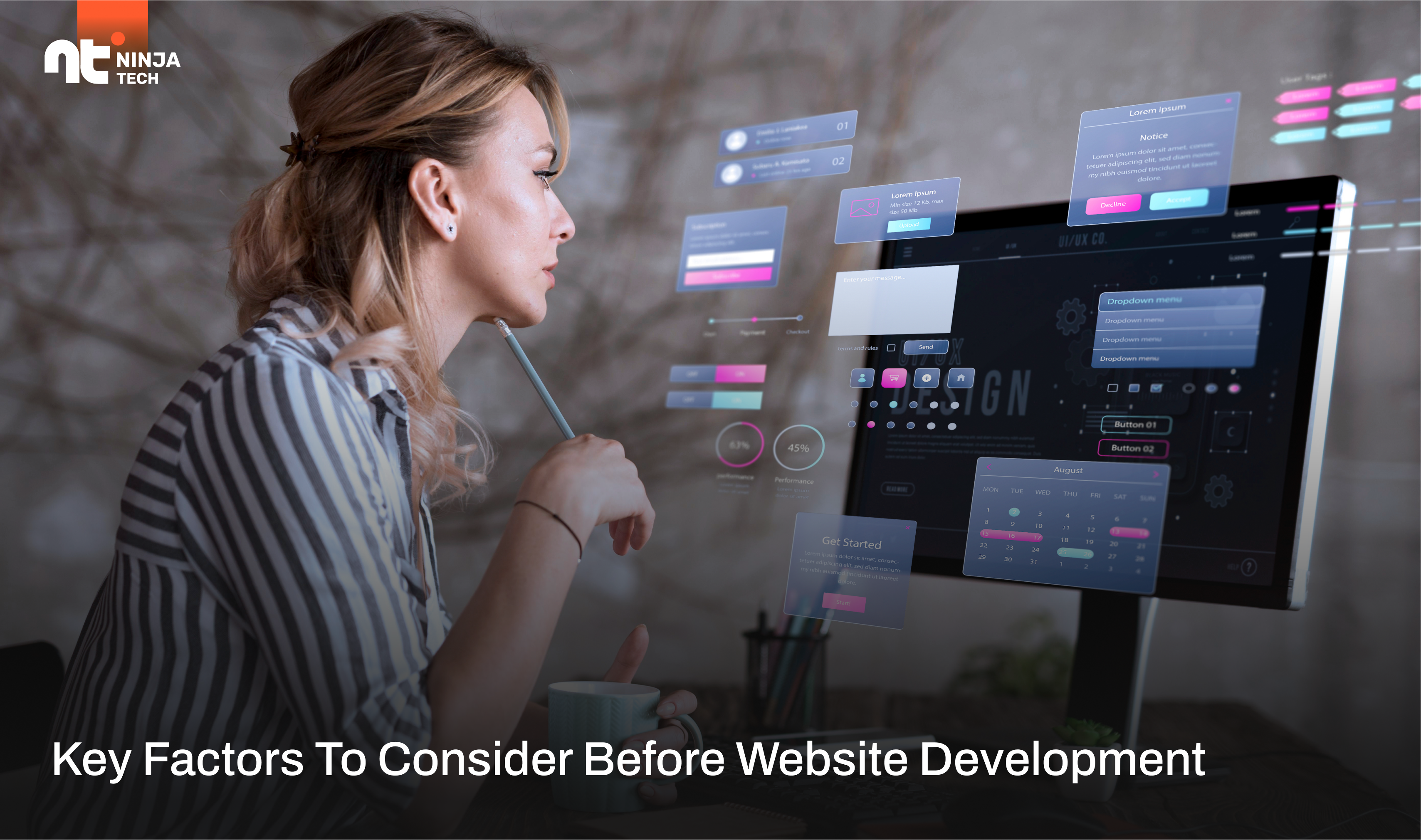How AI Is Supporting Native App Development

In today’s digital era, native app development is at the forefront of technological innovation. With the rapid advancement of artificial intelligence (AI), developers are leveraging its capabilities to enhance and streamline the app development process. This comprehensive guide explores the myriad ways AI is supporting native app development, driving efficiency, and delivering unparalleled user experiences.
Streamlining Development Processes with AI
Automating Repetitive Tasks:
AI-powered tools and platforms are streamlining various stages of the app development lifecycle. From project planning and requirement analysis to coding and testing, AI algorithms can automate repetitive tasks, detect errors, and suggest optimizations, thereby accelerating the development process and reducing time-to-market for new apps.
Enhancing Code Quality:
AI-based code analysis tools detect errors, optimize code performance, and suggest improvements, ensuring high-quality code that adheres to best practices and industry standards. This results in robust, scalable, and maintainable native apps.
Improving Collaboration:
AI facilitates collaboration among development teams by analyzing data from multiple sources, identifying dependencies, and recommending optimal workflows. By fostering communication and collaboration, AI enhances productivity and accelerates project delivery.
Elevating User Experience through Personalization

Tailored Recommendations:
AI algorithms analyze user data, behavior, and preferences to deliver personalized app experiences. By recommending relevant content, products, and services, native apps can engage users more effectively and drive user retention and loyalty.
Predictive Insights:
AI-powered analytics predict user actions and preferences, enabling native apps to anticipate user needs and proactively provide relevant information or assistance. This enhances user satisfaction and fosters long-term engagement with the app.
Enhancing Performance and Security with AI
Optimizing Performance:
AI-driven performance monitoring tools analyze app performance metrics, identify bottlenecks, and optimize resource utilization to ensure smooth and responsive user experiences. This results in faster load times, reduced latency, and improved overall performance.
Strengthening Security:
AI algorithms detect and mitigate security threats, such as malware, phishing attacks, and data breaches, in real-time. By continuously monitoring app activity and identifying anomalies, AI enhances app security and protects user data from unauthorized access and exploitation.
Enabling Innovation with AI-Driven Features

HVoice Recognition and Natural Language Processing (NLP):
AI enables native apps to understand and respond to voice commands and natural language input, enhancing accessibility and usability for users. Voice-activated features, chatbots, and virtual assistants empower users to interact with apps more intuitively and efficiently.
Computer Vision and Image Recognition:
AI-powered computer vision technologies enable native apps to analyze and interpret visual content, such as images and videos. This opens up new possibilities for image recognition, augmented reality (AR), and object detection, enhancing the app’s functionality and user experience.
Conclusion:
In conclusion, AI is revolutionizing native app development by streamlining processes, enhancing user experiences, improving performance, strengthening security, and enabling innovative features. As AI technologies continue to evolve and mature, developers have unprecedented opportunities to create cutting-edge native apps that meet the evolving needs and expectations of users worldwide. By embracing AI-driven approaches, developers can unlock new levels of creativity, efficiency, and functionality in native app development, shaping the future of mobile technology.
 Technology Trends
Technology Trends


